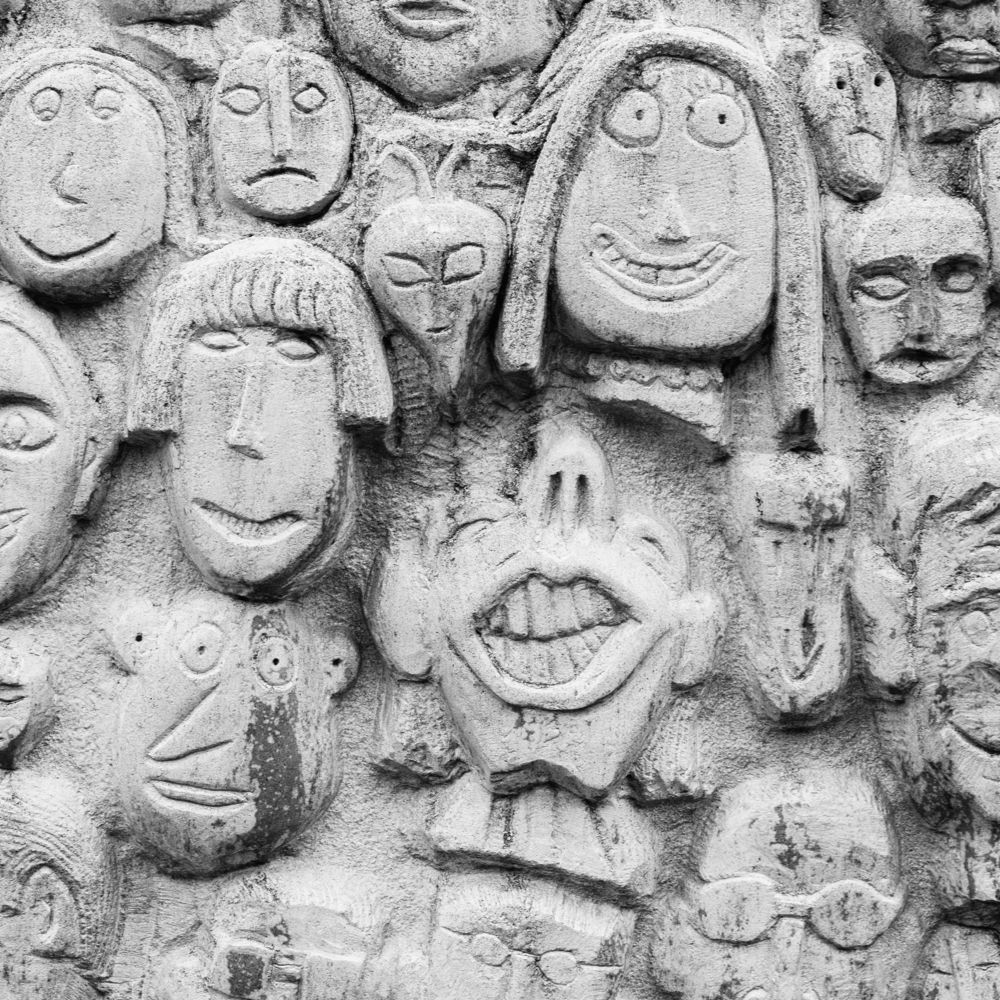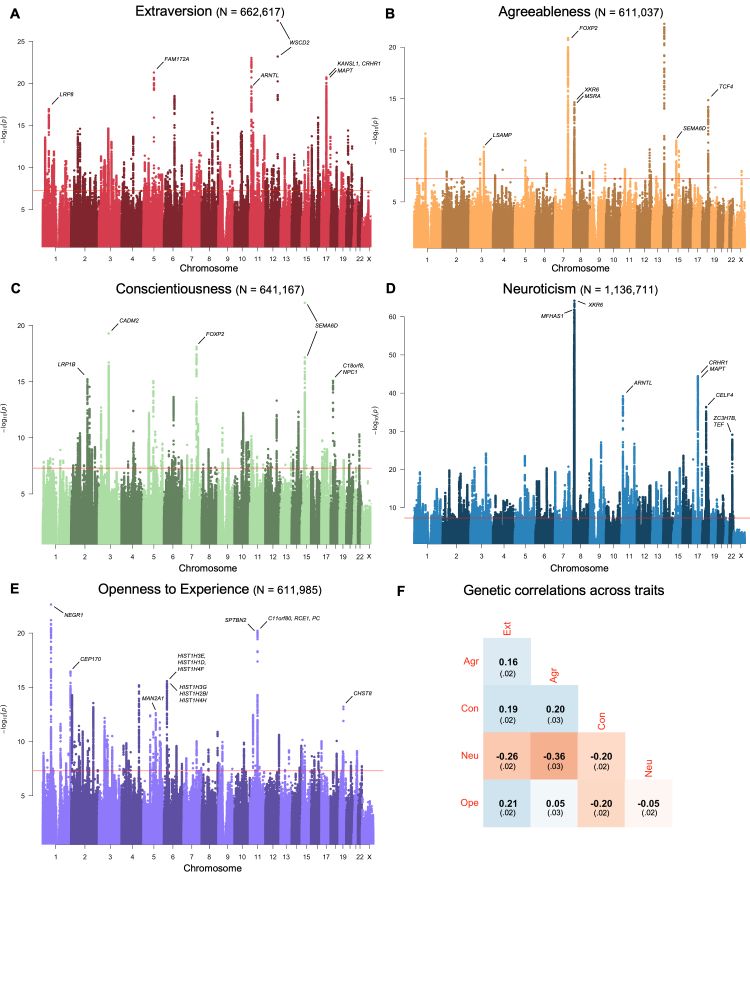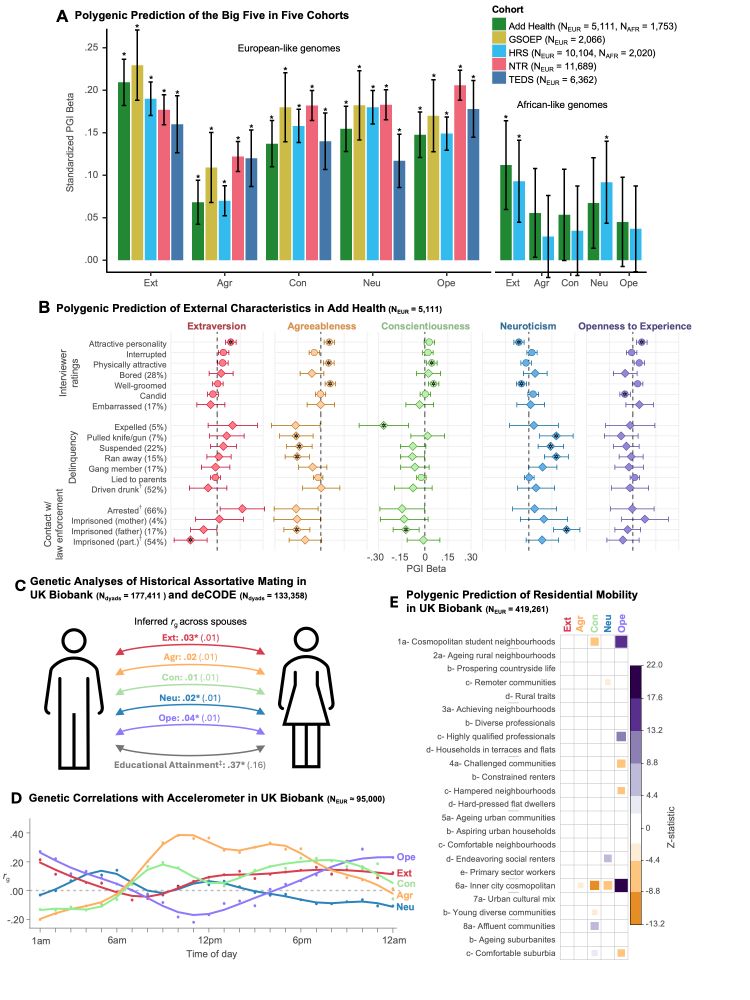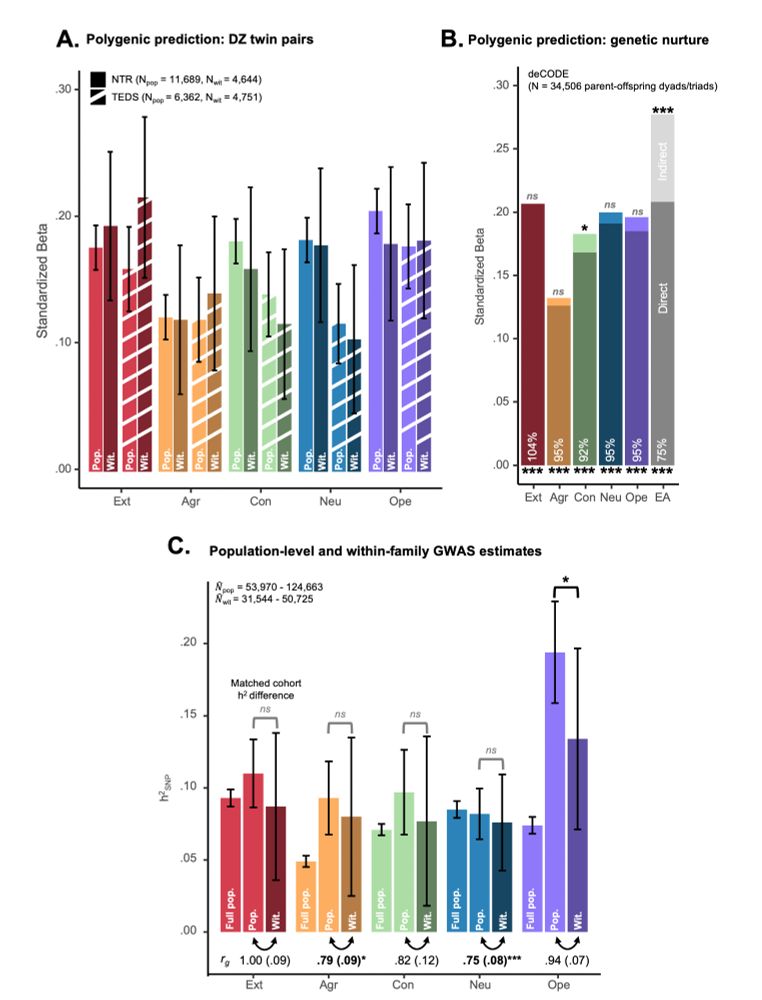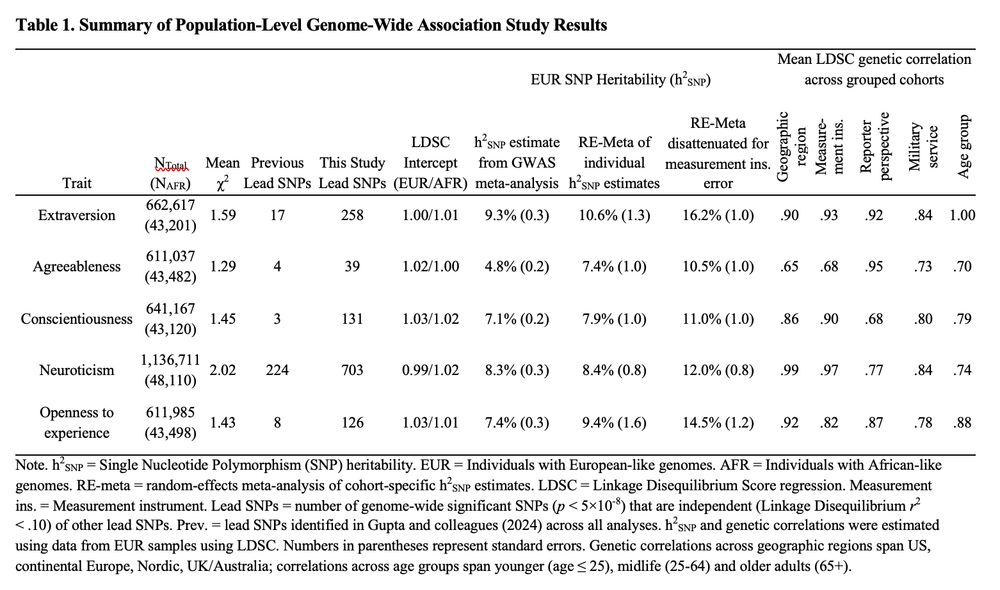René Mõttus
@renemottus.bsky.social
570 followers
200 following
110 posts
Personality psychology professor.
Edinburgh. Tartu.
Current effort: https://whichjob.me
About psychology:
https://psychologytoday.com/us/blog/people-unexplained
https://personalitypsychologypodcast.com
Posts
Media
Videos
Starter Packs
Reposted by René Mõttus
René Mõttus
@renemottus.bsky.social
· Jul 11
René Mõttus
@renemottus.bsky.social
· Jul 11
René Mõttus
@renemottus.bsky.social
· Jul 10
Reposted by René Mõttus
Julia M. Rohrer
@dingdingpeng.the100.ci
· Jun 14
René Mõttus
@renemottus.bsky.social
· Jun 14
Reposted by René Mõttus
René Mõttus
@renemottus.bsky.social
· Jun 11
René Mõttus
@renemottus.bsky.social
· Jun 9
René Mõttus
@renemottus.bsky.social
· Jun 9
Associations Between Demographic and Relationship Variables and Sexual Desire: Findings from a Large-Scale Estonian Biobank Dataset
Sexual desire plays a crucial role in human well-being and relational dynamics, yet its demographic and relational predictors remain insufficiently understood. Leveraging a uniquely large and represen...
doi.org
René Mõttus
@renemottus.bsky.social
· Jun 2
René Mõttus
@renemottus.bsky.social
· May 18











